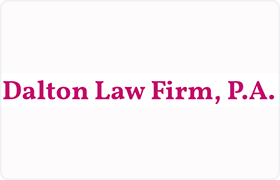 Loxahatchee Real Estate Lawyers, Florida
Loxahatchee Real Estate Lawyers, Florida
Sponsored Law Firm
-
 x
x

Click For More Info:
-
Dalton Law Firm, P.A.
101 NE 3rd Avenue Suite 1500 Fort Lauderdale, FL 33301» view mapReal Estate Representation You Deserve
We are here to protect your rights and lead you toward a positive solution in your legal matter.
754-218-5305
Warning! No lawyers found in this specified area.
Lawyers
1-0 of 0 matches



 Natasha Dalton Fort Lauderdale, FL
Natasha Dalton Fort Lauderdale, FL